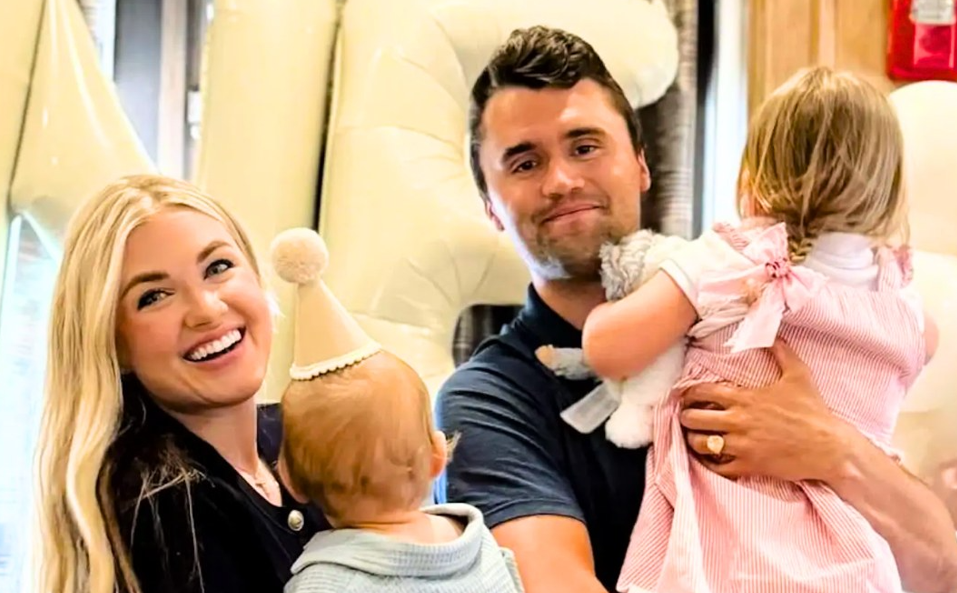Follow the Podcast on iTunes and Spotify
Excerpt
How are you confident in speaking in front of other people? How are you not awkward?
Jayson: You have to do your homework and you have to know your audience. So before you speak, before I speak, I study my audience, who my audience would be. I think that’s one of my strengths as a speaker. I can speak to different groups. From top-level to the public, from students to CEOs, entrepreneurs, and it’s learning how to speak their language.
So in other words, for example, I will talk about, let’s say leadership. So, let’s say in the corporate businesses, leadership, you need to have your own vernacular. You need to have your own language. So that’s corporate talk. But when I’m talking to, let’s say, middle managers. Oh, you have to believe in yourself. If you want to be a leader. Say, if you don’t believe in yourself, other people won’t believe in you.
Then, when I talk to students, talk about leadership. How could I relate this to them? Saying, who are you friends with? The brainy ones? Or the delinquents?
So it’s like, how can you deliver the same language to different kinds of people, the same language, and share it effectively. And, the number one quality of a good speaker is really about passion. And I’m not talking about the rare emotional type of passion. What I’m talking about is the passion for their topic, knowing it inside out.
And this is a study that they conducted and they found out that among the 500 plus top Ted speakers, the most popular, that’s the number one quality. It’s really a passion. So passion is very important, right? You care about your topic. You love your topic because speaking in a way, it’s a transfer of emotions. But what’s more important is getting your audience to care about what you’re talking about.
And it takes time to do that. It takes a lot of preparation to do that, but once you get it, that is why what’s important is to know the topic you will be choosing. You’re passionate about it. But also find how you can be different, how your topic can be unique from others.
If you weren’t a good speaker initially, and you considered it to be a weakness. Why did you still try to hone it? Did John Maxwell not mention that we should hone our strengths instead of our weaknesses?
Jayson: Speaking, isn’t really a weakness for me, but, you know, to be honest, speaking, technically it is a skill. It’s a technical skill. You can learn it even though you’re not a great speaker. And there are many who aren’t great speakers, but they’re doing it out of necessity. And that’s what happened to me. It was out of necessity because, because I needed to do it since we are part of a direct selling company I had to present, well, I have to speak well.
And I learned it. Having that passion, you become passionate about things that you are good at, or you’re good at. So when I was getting better and better at speaking, then I started liking it. I started loving it, but generally, I wouldn’t call it a weakness. It’s more of a talent that I haven’t discovered yet.
And it took people to help me discover that. Because we tend to do things that we don’t like to do in the first place, but we have to do it, right? So I am at that line. I’m also a strengths coach, by the way. StrengthsFinder. I’m a certified strengths coach. So I know that we should be focusing on our strengths, but that’s not part of the strengths of what John Maxwell was talking about.









